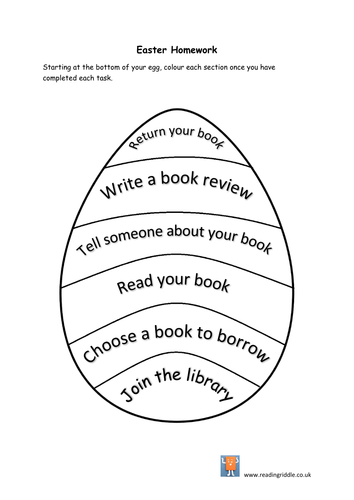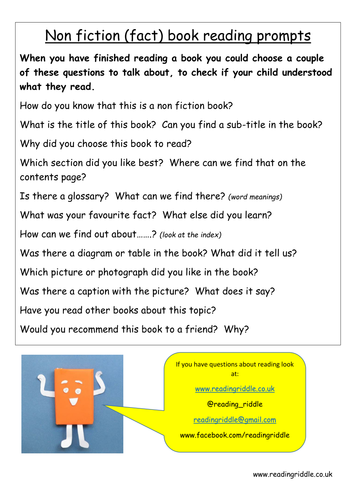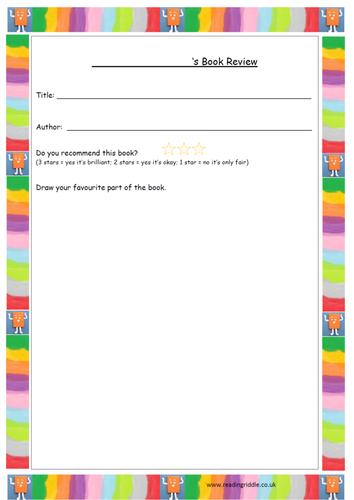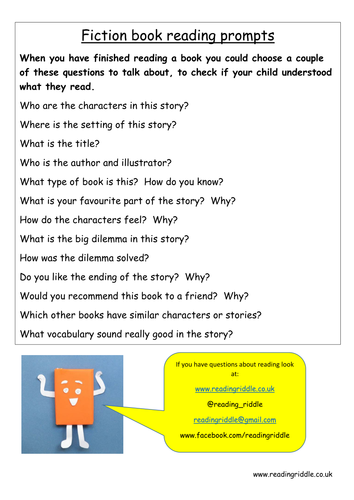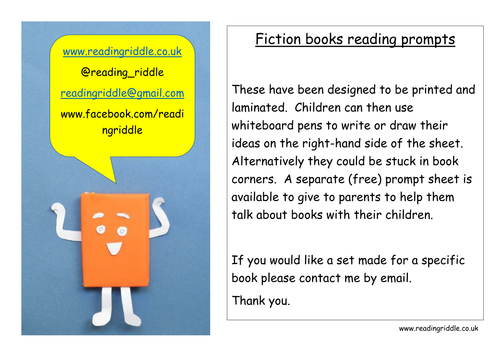Reading Riddle and Vlad flea
Reading Riddle provides ideas, resources, information and experiences related to reading and history. The aim is to share materials that encourage children to read and bring interactive experiences into the classroom. I am a qualified teacher with 10 years of working in London schools. I write and publish stories packed with historical facts which give hooks to engage children and stimulate their learning and writing.



